 |
 |
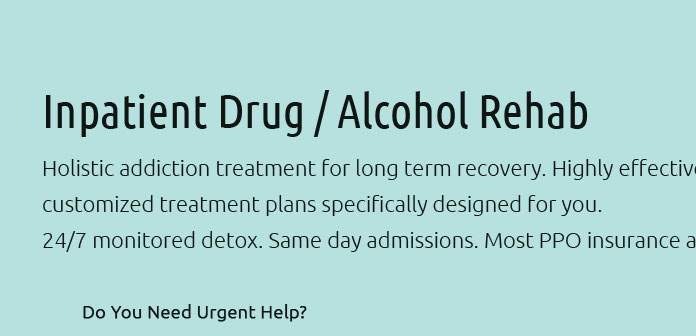 |
 |
 |
 |
||
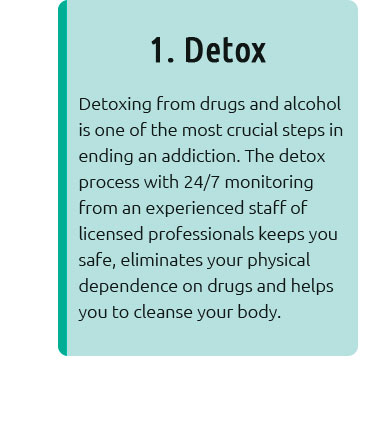 |
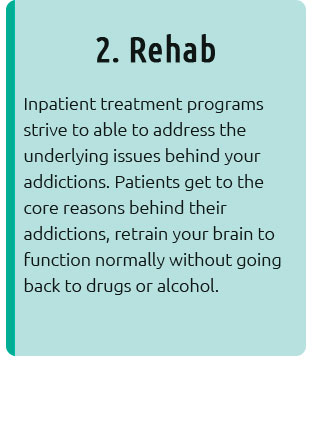 |
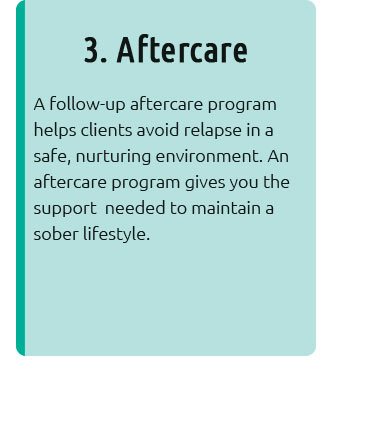 |
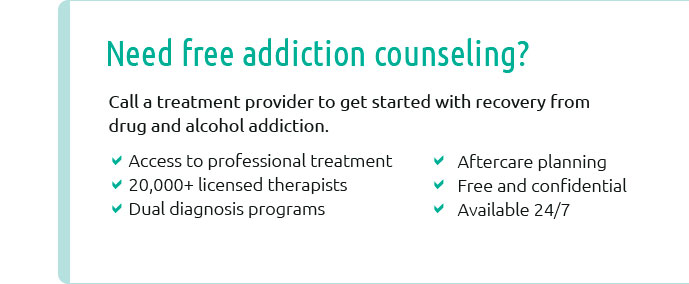 |
 |
 |
 |
||
 |
||
 |
||
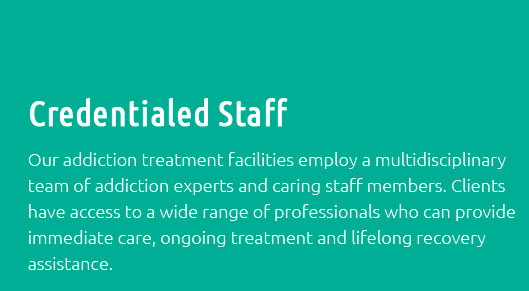 |
 |
 |
|
 |
|
Understanding the Journey of Alcoholics' RecoveryEmbarking on the path to recovery from alcoholism is a profound, life-altering decision that requires immense courage and resilience. It is a journey marked by both challenges and triumphs, a deeply personal expedition that varies widely from one individual to another. The first step often involves acknowledging the problem, a moment that can be both daunting and liberating. Once this realization is embraced, the road ahead becomes clearer, albeit not necessarily easier. What should one expect when stepping onto this path? First and foremost, it is crucial to understand that recovery is not a linear process. It is a journey with many ups and downs, twists and turns. Relapse is a possibility, but it should not be viewed as a failure. Instead, it can be seen as a part of the learning process, an opportunity to reassess and strengthen one's commitment to sobriety. The support of family, friends, and peers plays an indispensable role here, offering a safety net of understanding and encouragement. Seeking professional help can significantly enhance the recovery process. Engaging with therapists, counselors, or joining support groups like Alcoholics Anonymous can provide structure and guidance. These resources offer not just strategies for maintaining sobriety but also a sense of community and shared experience, which can be incredibly comforting. Therapy, whether individual or group, offers a space to explore underlying issues that may have contributed to the addiction, paving the way for deep, meaningful healing. Physical health is another critical aspect of recovery. The body, having been subjected to prolonged alcohol use, requires time and care to heal. This process often involves improving nutrition, engaging in regular physical activity, and getting adequate rest. The positive effects of these lifestyle changes are profound, contributing to improved mood, increased energy levels, and a stronger sense of well-being. On an emotional level, recovery can be both taxing and rewarding. It involves confronting feelings and memories that may have been numbed or suppressed by alcohol. While this can be painful, it is also a vital part of the healing process, allowing individuals to rediscover themselves and build a life that is fulfilling and authentic. Developing healthy coping mechanisms, such as mindfulness practices or creative outlets, can aid in managing stress and emotions effectively. The social aspect of life in recovery cannot be overlooked. Rebuilding relationships and establishing new, healthy connections are fundamental to creating a supportive environment. This may involve setting boundaries with those who do not support the recovery journey or seeking out new communities that foster growth and positivity. Over time, these relationships can become a source of strength and joy, reinforcing the commitment to a sober lifestyle.
In conclusion, the journey of recovering from alcoholism is deeply personal and uniquely challenging. While it demands effort and perseverance, the rewards-a healthier, more fulfilling life-are immeasurable. It is a path of rediscovery, resilience, and ultimately, transformation. For those stepping onto this path, understanding what to expect can provide clarity and prepare them for the road ahead, fostering a mindset geared towards success and enduring recovery. https://www.niaaa.nih.gov/health-professionals-communities/core-resource-on-alcohol/neuroscience-brain-addiction-and-recovery
The plasticity of the human brain contributes to both the development of and recovery from alcohol use disorder (AUD). https://www.gatewayfoundation.org/blog/stages-of-alcoholism/
What are the stages of alcoholism & recovery? Discover the signs you may be developing an alcohol addiction and treatments available. https://www.aa.org/
Have a problem with alcohol? There is a solution. A.A. has a simple program that works. It's based on one alcoholic helping another.
|